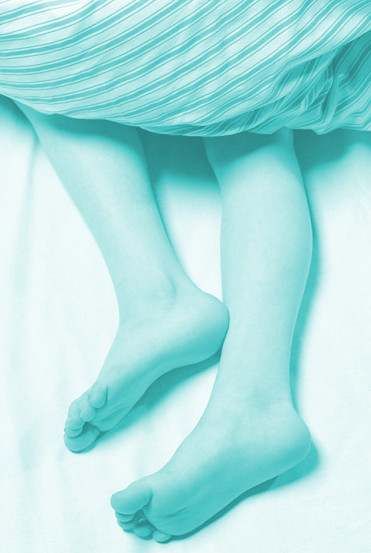Sleep linked to reading skills
 New research suggests poor sleep may affect kids’ reading skills.
New research suggests poor sleep may affect kids’ reading skills.
UK scientists say kids with problems sleeping scored worse on reading tests than their well-rested peers in a recent experiment.
Parents of 339 kids aged between four and 14 were asked to complete questionnaires about their children's sleep, including reporting increased sleep-disordered breathing, daytime sleepiness, and a short time for children to fall asleep (which generally means kids are very tired).
The children then completed reading tasks, and those with sleep problems scored worse for both words and nonwords (unknown jibberish which means the kids can 'sound out' the words).
Because early reading skills are important in later life, the experts recommend children who sleep poorly should be screened for reading problems, and children with reading problems should be screened for poor sleep.
That would allow early intervention to address both these problems, the authors say.
“Being a good reader is a strong predictor of academic success and improved life outcomes, so we recommend screening children with sleep problems for reading difficulties, and children with reading difficulties for sleep problems,” said corresponding author Dr Anna Joyce of Regent’s University London.
“Screening and treating sleep and literacy difficulties at a young age could help to improve life outcomes for all children.”








 Print
Print